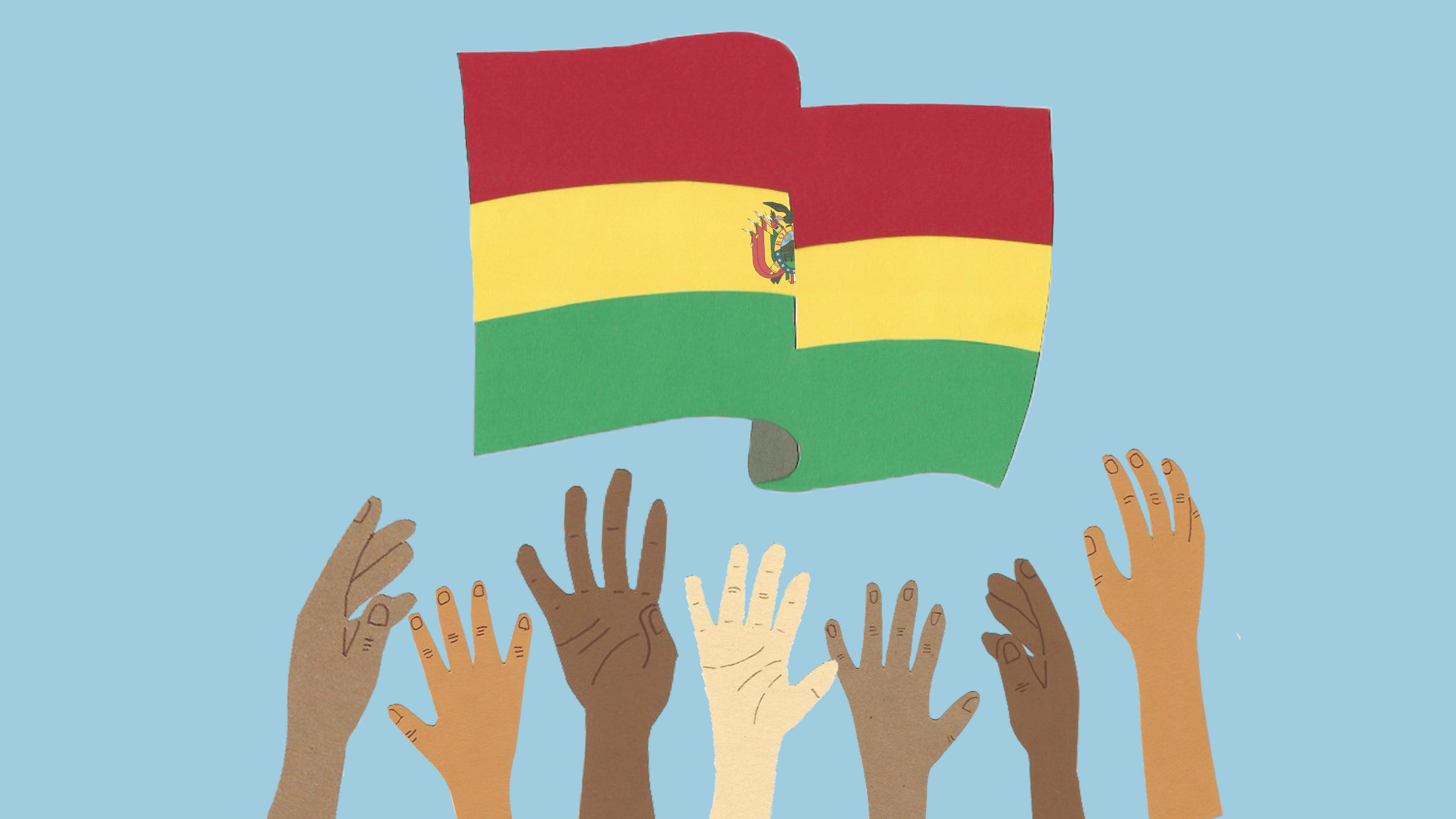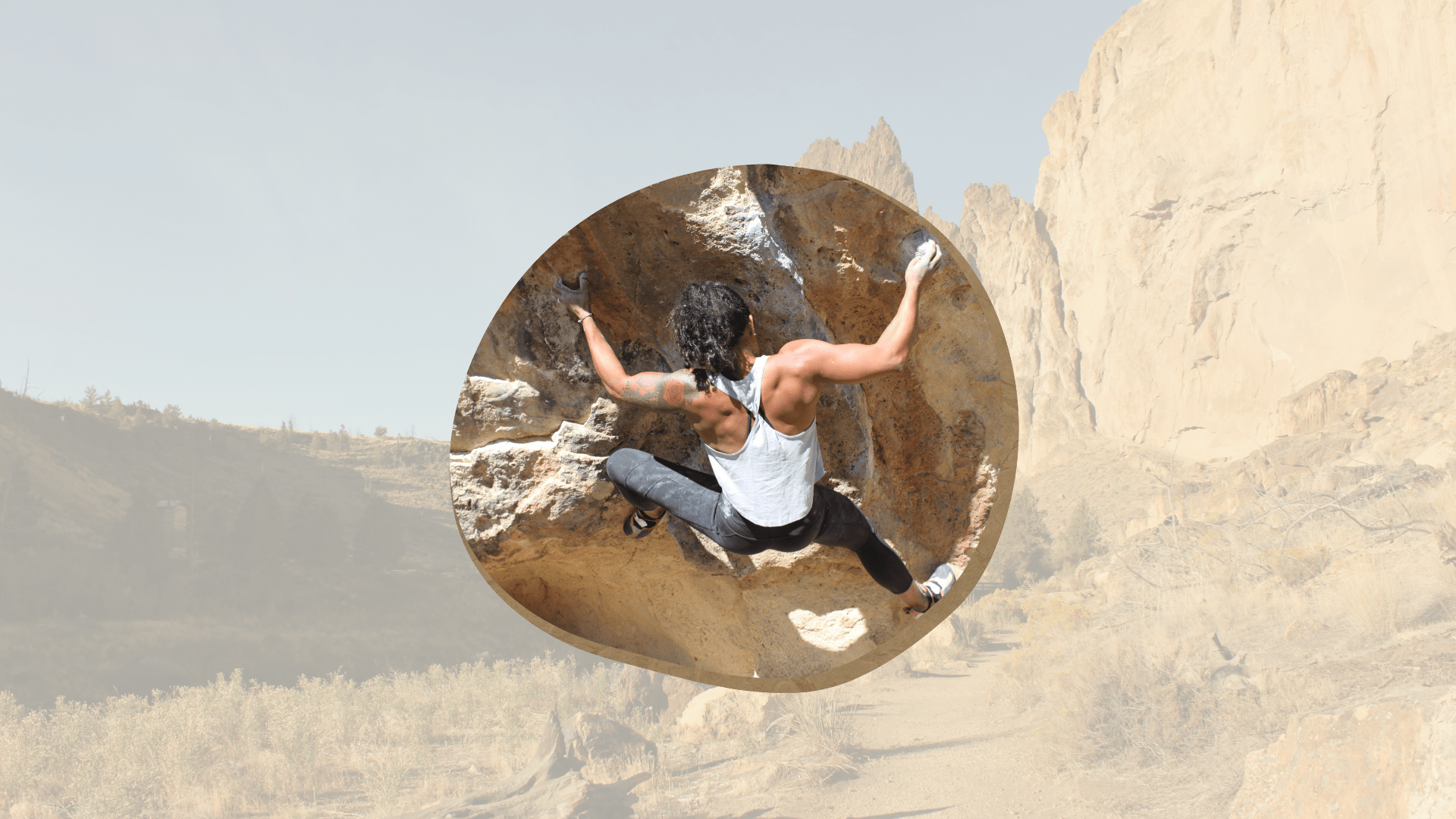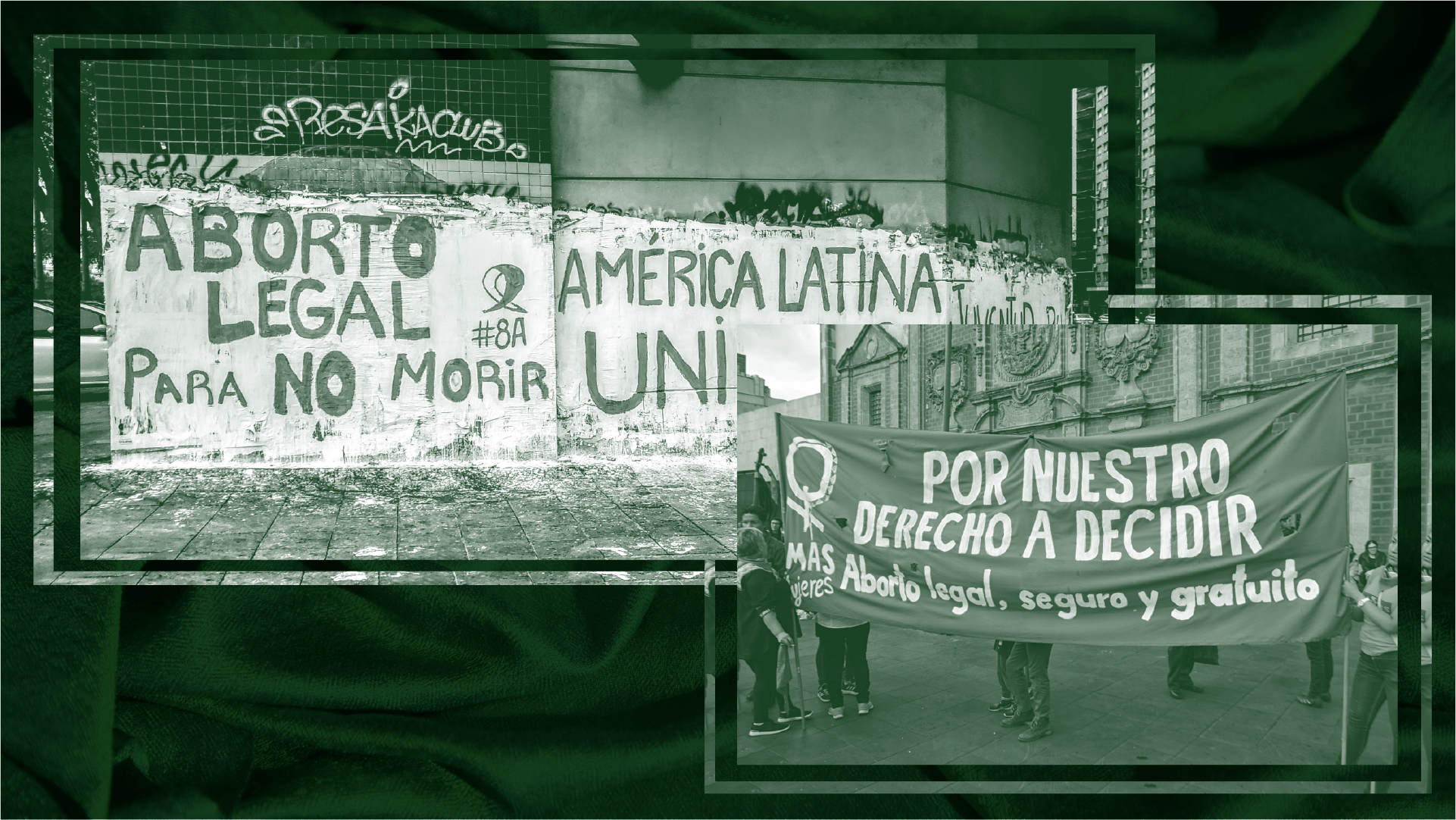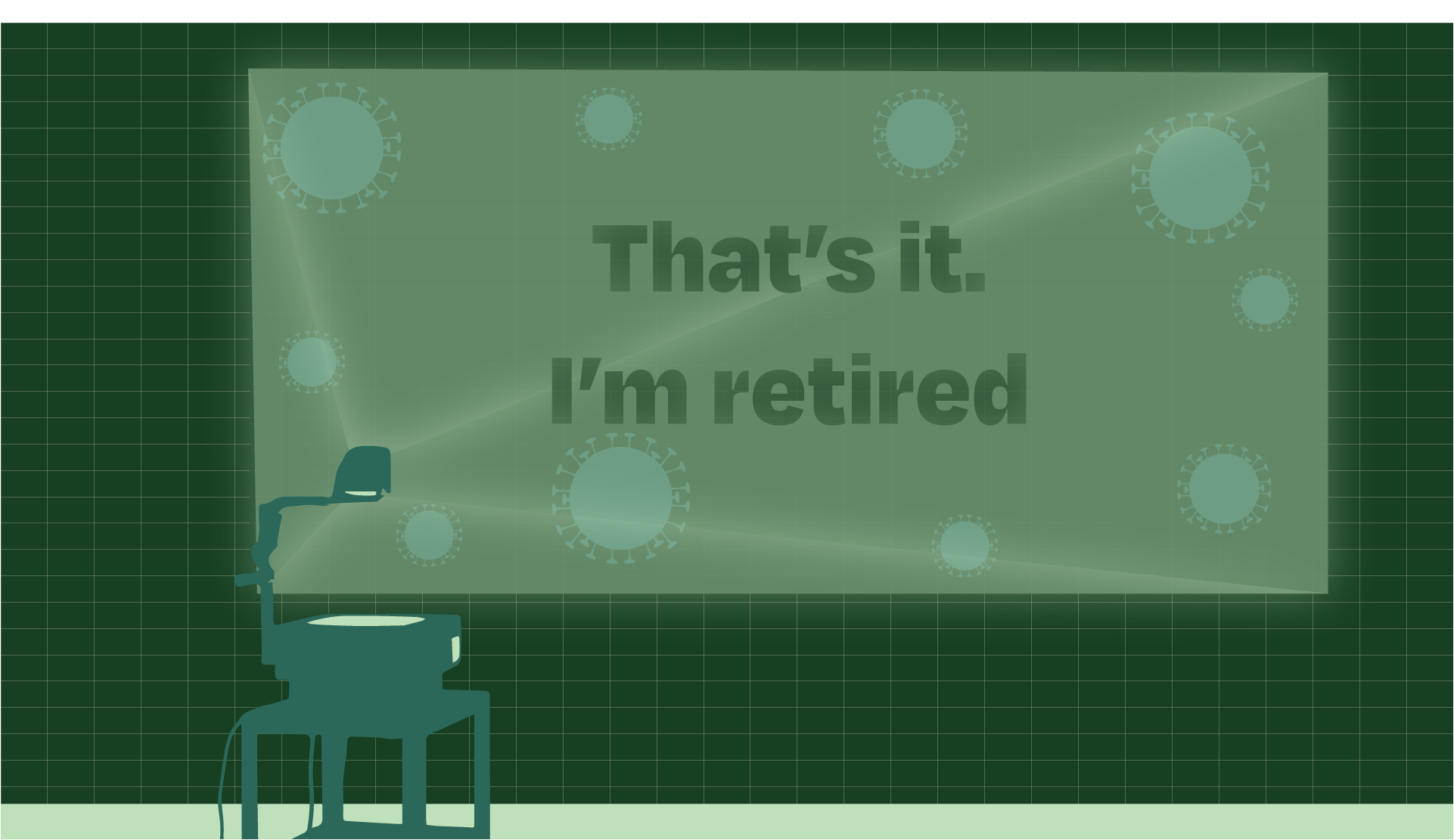
Bolivia Has Been Through Hell. But There’s Reason For Hope.
The West’s mischaracterization of Bolivia, and Latin America as a whole, has created confusion and a narrow picture of the region.
Before the explosions started, and before the pandemic hit my community, my uncle would always teasingly say he was ready for whatever apocalypse was soon to come in Bolivia. The last time I was able to visit my extended family was in 2018, when my uncle proceeded to show me his panic room filled with canned goods, protective gear, and a few guns. “You never know what’s going to happen,” he said. “But I want to be ready for anything.”
I used to think that he was crazy. That his required time in the military had made him paranoid.
But, oh, how wrong I was.
Before my visit in 2018, I hadn’t been to Bolivia since I was a child. Going to see family was always difficult due to time and money. I was too young to understand that civil unrest, national protests, and military abuse are a huge part of the country’s past, present, and future.
Fast forward to October 2019, when I FaceTimed my uncle soon after then-President Evo Morales was deemed the winner of the presidential election. Helicopters were roaring in the background so loudly that I could barely hear him. People were screaming both in terror and in anti-government chants. My uncle moved his camera to show me a peek outside his window, where crowds were facing off against military forces and forming barricades. “It’s happening,” he told me. “It’s really happening.”
Opposition parties, such as The Democrat Social Movement (DSM), were claiming that Morales and his party, the Movimiento al Socialismo (MAS), had rigged the election in his favor. Bolivia, Bolivian Elections, Luis Arce, Movement for SocialismMembers of the MAS party collided with opposition protests, with different groups creating barricades in large cities such as Cochabamba, where my family is from. Shots and screams were heard throughout many nights, and food and medicine quickly became scarce. Members of my family contacted friends in neighboring cities to see what was left, only to quickly realize that there were nationwide shortages. For the first time in many years, my uncle had to begin feeding his children food from his panic room.
After nearly a month of civil unrest, Morales was ousted by military and police forces, with the support of opposition parties and right-wing U.S. politicians, in a coup. Almost immediately after, then-leader of the DSM party Jeanine Áñez claimed herself interim president, taking over the government with a cabinet and presidency that were not elected by the Bolivian people. Several family members sent me clips of Morales’ shaky resignation on national television. My classmates — who, of course, were not from Latin America — suddenly became experts on the region, spewing facts about my mother’s home country as if my own family had not been living through an unimaginable hell for the past three weeks. For the first time that I could remember, Bolivia was making headlines in newspapers such as The Washington Post, The New York Times, and The Los Angeles Times. Suddenly everyone in the United States had an opinion on a country that many of them likely couldn’t even find on a map.
Politics in Latin American countries is very different from what the West makes them out to be. More often than not, Westerners attempt to compare Latin American leftist and right-wing parties to those of the United States, failing to mention that political parties such as those in Bolivia are far more complex than that. Leftists in the United States have been writing think pieces for the last year praising Morales’ legacy, while failing to mention the very real issues with his abuses of power, as well as the times he has sent military forces against anti-government protests, and his part in the burning of the Amazon last year. Right-wing politicians continue to praise Morales’ removal while failing to recognize the U.S.’s deadly history of interfering with Latin American politics, and the racist, anti-Indigenous sentiments held by many members of opposition parties.
I am not an expert on Bolivian politics, nor am I claiming to be one. But at the heart of any political turmoil is the people affected by it. And for the past year, my people have been at the hands of a corrupt, heartless, and cruel government that they did not elect. A leaderless government is an illegitimate one. And that’s exactly what the Bolivian government has been for the past year: illegitimate and tyrannical. Áñez promised to incorporate her Catholic beliefs into Bolivian law during her swearing-in ceremony, marking the beginning of several cruel changes. Dozens of MAS supporters were killed during anti-government protests, and Áñez soon after signed a new proclamation into law granting immunity to all the military forces involved in the civilian deaths.
Her leadership during the pandemic has also led to even more food shortages, deaths, and instability. Despite implementing a strict quarantine at the beginning of March, Bolivia saw a spike in coronavirus deaths during its winter (or summer in the U.S.). Loved ones have been left on the streets after dying of COVID-19. Due to Bolivia’s unreliable health system, families have been encouraged to treat COVID-19 at home, with several people having to line up for oxygen tanks for days on end. Grocery stores have been devoid of food for nearly a year now. My family has had to learn how to ration food and are unable to see each other. My aunt had to give birth to her second child alone. While many of these heartbreaking occurrences are due to the cruelty of the virus, Áñez’s inability to govern and her anti-MAS agenda have also largely played a part in the more than 8,400 COVID-19 deaths Bolivia has seen.
Now, almost exactly a year later, a new leader is on his way to being elected by the Bolivian people. Luis Arce, a member of the MAS party and a former finance minister, has received more than 50% of the vote. Arce has already promised to send COVID-19 relief funds to families in need during his first weeks in office. For the first time since the previous election, there seems to be a glimmer of hope for the future. I don’t know what to expect of this year’s presidential elections; at this point, nothing really surprises me anymore. But I know what I desire: a better country for my sweet nieces and nephews, my ever-paranoid but loving uncle, and my beautiful but ever-changing Bolivia.
There is a cliff on top of a mountain near where my uncle lives. Cochabamba is located in a large valley, surrounded by nature and beauty on all sides. You can look out and see the entire city of Cochabamba: families bustling in the city, farmers working in the countryside, cars zooming past each other, and a gigantic Jesus statue in the middle of it all. You can see just about an entire world, and it is one of the most breathtaking sites I have ever seen. I hope to see Cochabamba soon standing as bright as the last time I saw it. I hope to see a better life for those I hold close to my heart. Democracy, at least for now, feels closer to the horizon.


